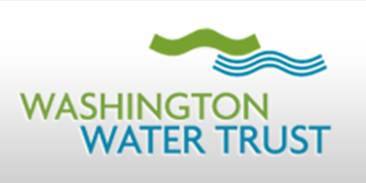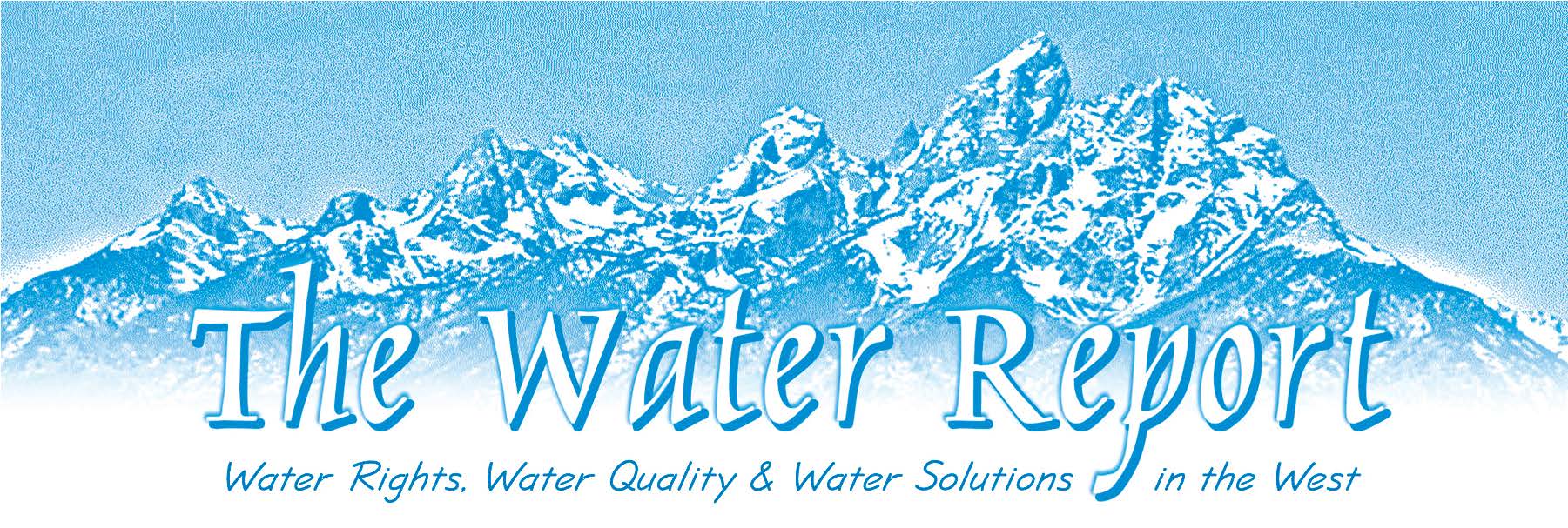Sept to Dec 2023 Edition 2023 State Conference Recap Session 2 - Southwest Washington Summary by Stephen Thomas, Associate Hydrogeologist at GeoEngineers Inc. Session 2 focused on some of the challenges and recent successes of water management in the diverse Southwest region that extends from the Lower Columbia river northwards to southern Puget Sound and the Olympic Peninsula. Long-time friend of the chapter, Ecology’s Mike Gallagher, led off with a summary of some of the key characteristics of the Southwest region - notably the wide range in annual precipitation, the 14 tribes that call the region home, and the 20 watersheds within the region. He reiterated that the physical and legal availability of groundwater are not the same across the region. Mike shared his thoughts on some of the technical and legal issues facing water right applications in Clark County, where a substantial groundwater right for a housing development was approved yet a much smaller application for a spring diversion was denied due to hydrologic impacts. In the Chehalis watershed, the TransAlta energy company is converting a substantial portion of its water right of 51.6 cfs to a water bank; that water can be put to good use downstream of the diversion. The challenges of the City of Yelm’s water right application have been well documented over the last two decades; Ecology issued the permit in 2022 by successful use of the new pilot-project rule. Mike’s talk finished with a review of the application of Chapter 173-518 WAC rule in the Dungeness Basin to protect water rights and instream flows and establish a framework for future water management, resulting in the creation of the Dungeness Water Exchange. Hansi Hals of the Jamestown S’Klallam Tribe provided her thoughts on some of the historical legal background for water and fish resources for the Dungeness region. She introduced the Dungeness River Management Team, created in 1988, to collaborate on developing and implementing locally based solutions to improve the health of the watershed. She recognized the importance of water conservation efforts, such as reducing irrigation pipe losses and exempt well management, for dramatically improving the remaining habitat from 1989 to 1997. The results can be seen in the improvements in Chinook escapements. Finally, Hannah McDonough of Washington Water Trust shared her insights into the Dungeness Water Rule and some of the technical work studies that have been conducted to better understand the complex relationship between surface and ground waters, water use, and conservation efforts. As in many other basins, the future flows in the river are predicted to decline due to a shift from snow- to rain-dominated hydrology. Critically, the flow is expected to fall below the biological flow target when salmon are returning to spawn. Hannah described the four restoration strategies being employed: water mitigation banking, aquifer recharge, water transactions, and off-stream storage. The technical and planning analyses are supported by a decision support system model that integrates the key component of the water balance to provide a means of quantifying the instream flow benefit from the strategies. Previous - Northwest Session Next - Walla Walla Basin |



